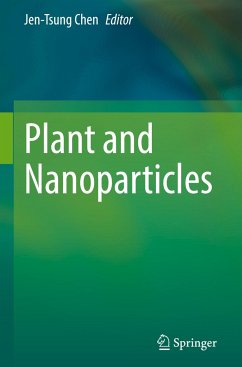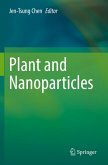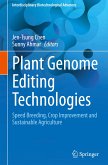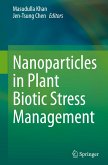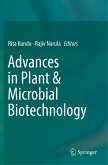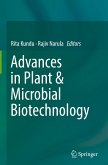This book explores the interactions between nanomaterials/nanoparticles and plants and unveils potential applications. The chapters emphasize the implications of nanoparticles in cross-discipline approaches, including agricultural science, plant physiology, plant biotechnology, material science, environmental science, food chemistry, biomedical science, etc. It presents recent advances in experimental and theoretical studies and gives in-depth insights into the interaction between nanoparticles and plant cells. In addition, it discusses the potential applications and concerns of nanoparticles comprehensively. The research field of plant nanotechnology has great potential within plant sciences and agriculture and the related research is getting increased at present. The study of plant nanotechnology receives an advantage from the great progress of nanotechnology in biomedical sciences particularly the well-development of a variety of biocompatible nanoparticles (NPs) and advanced analytical techniques. Nowadays, although some NPs have been applied in the studies of plant and agronomic sciences, the knowledge regarding physiology and underlying mechanisms within the plant cell remains limited. This book offers a critical reference for students, teachers, professionals, and a wide array of researchers in plant science, plant physiology, plant biotechnology, material science, environmental science, food chemistry, nanotechnology, and biomedical science. It could also benefit the related field of plant nanotechnology for designing and organizing future research.
Bitte wählen Sie Ihr Anliegen aus.
Rechnungen
Retourenschein anfordern
Bestellstatus
Storno

